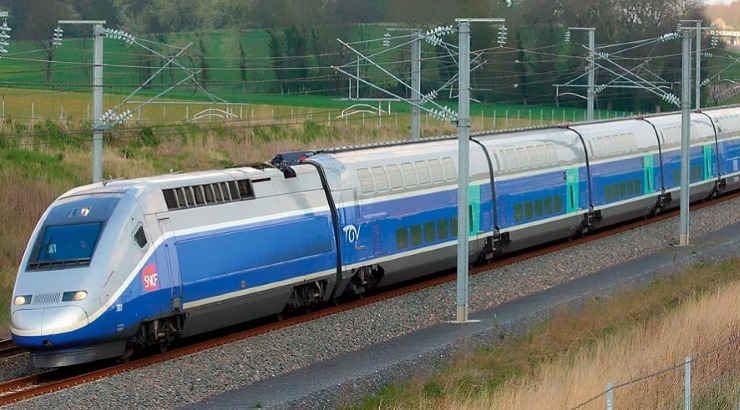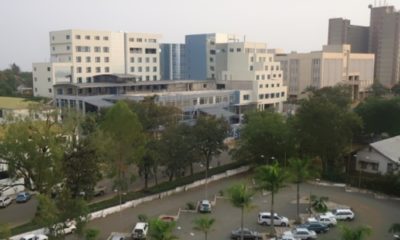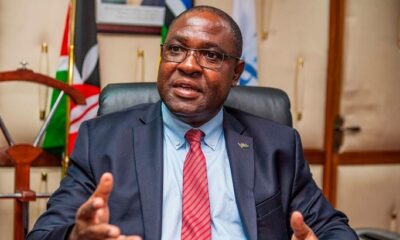Infrastructure
Morocco gears up for the launch of Africa’s fastest train
The 350km electrified railway will cut down journey times between Morocco’s economic hubs by nearly two thirds.

Morocco is gearing up for the launch of its newly built LGV Casablanca-Tangier standard gauge railway, in a move that will gift Africa its first high speed train that will cruise at a speed of up to 320km/hr.
The 350km electrified railway, which has been in the pipeline since 2007, is expected to boost the economy of Morocco by cutting down journey times between the country’s key economic hubs by nearly two thirds.
French-made high speed trains are currently being test in readiness for the official launch of the service by end of June.
According to government officials, the journey from the port city of Casablanca to Tangier through the capital Rabat will now take slightly over two hours instead of five.
This is double the speed of South Africa’s Gautrain, launched in 2012, which fell short of the benchmarks for high speed railway.
The Casablanca-Tangier railway was built at a cost of Sh200 billion ($2 billion) sourced from the governments of Morocco, France, United Arab Emirates, Saudi Arabia and Kuwait.
The facility will be run by Morocco’s national railway operator ONCF, which in 2009 signed a cooperation deal with the French National Railway Corporation (SNCF) to collaborate on the project.
READ: Ethiopia to Djibouti high speed railway hailed a huge success
On December 10, 2010, ONCF signed a contract worth nearly Sh50 billion with French conglomerate Alstom to supply 14 high-speed trains each with a capacity to carry 533 passengers.
“We aim at six million passengers a year after three years of commercial operation, instead of three million currently,” Mohamed Rabie Khlie, ONCF director general, said in a recent interview.
“This should enable us to achieve an operating margin that far exceeds that of conventional trains and will justify the development.”
ONCF plans to deploy 1500 kilometres of high speed railway lines in the next three decades as part of its Rail 2040 master plan that aims to attain journey times of less than two hours between Morocco’s key cities.
Despite the favourable projections, the LGV Tangier-Casablanca has attracted harsh criticism from some citizens – including Morocco’s former finance minister Mohamed Berrada – who view the project as a misguided use of money.












